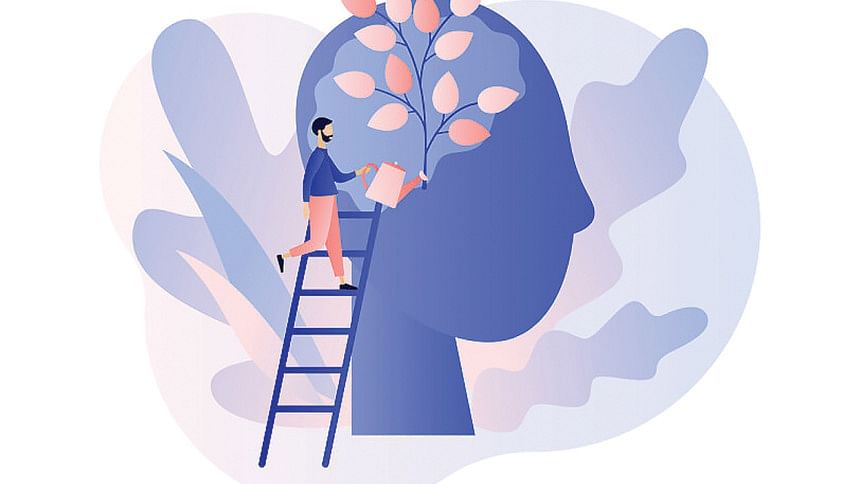How mental health affects self-confidence in thinking

A new study published in PLOS Mental Health found that people with anxiety and depression often doubt themselves, while those with compulsive behaviours (like obsessive-compulsive disorder) tend to be overconfident in their thinking.
Researchers studied how well people judge their own memory and perception. They discovered that those with anxiety and depression were less confident in their abilities, even when they performed well. On the other hand, people with compulsive tendencies were often too sure of their decisions, even when they made mistakes.
The study also found that these confidence patterns exist at different levels. Some people struggle with confidence in specific tasks, like remembering details, while others have a more general lack of self-trust, affecting their overall self-esteem.
Understanding these thinking patterns could help improve mental health treatments. By helping people recognise and adjust their confidence levels, therapists might be able to reduce anxiety, depression, or compulsive behaviours.
In short, the way we think about our own thinking—called metacognition—affects our mental well-being. Learning to balance confidence could be key to improving mental health.

 For all latest news, follow The Daily Star's Google News channel.
For all latest news, follow The Daily Star's Google News channel. 



Comments